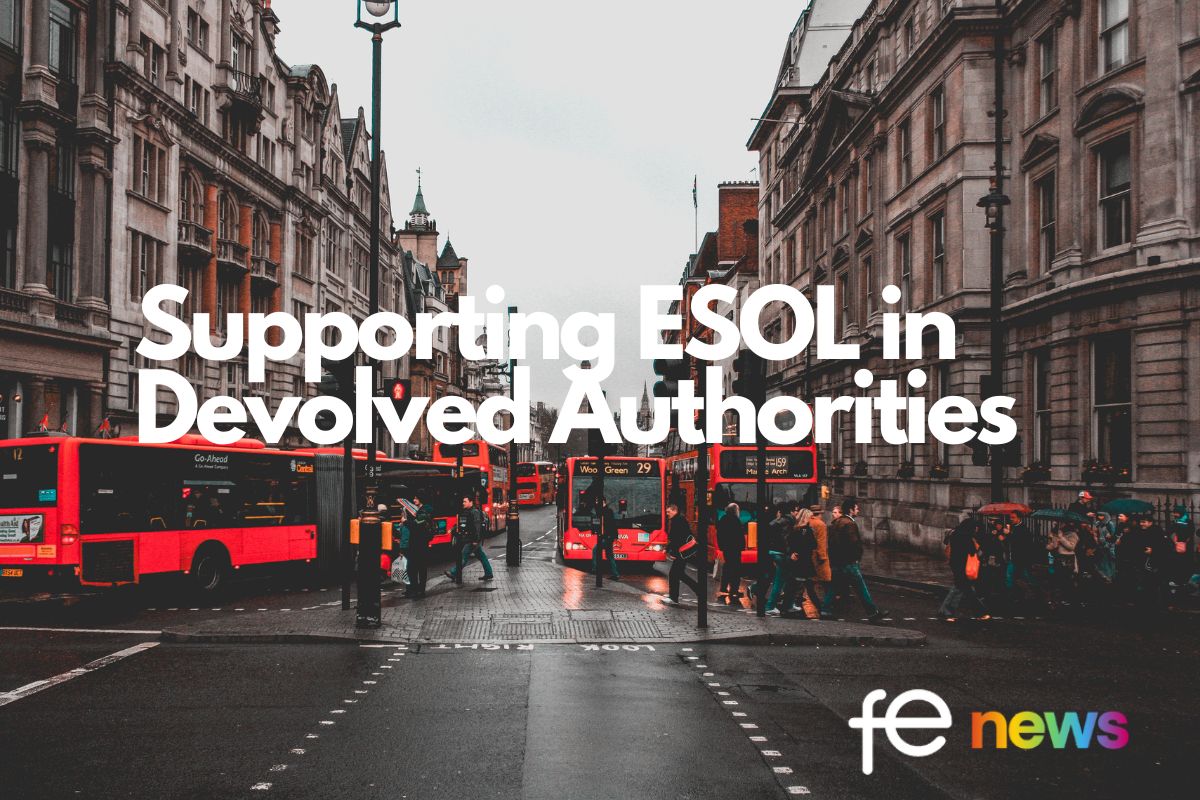Microsoft expands cybersecurity skills initiative

Microsoft Corp. announced the expansion of its Cybersecurity Skills Initiative to Argentina, Chile, Indonesia, and Spain, emphasizing its commitment to close the gender gap in the industry with a focus on skilling women. This addition to the company’s Initiative aims to help people in 28 countries gain access to cybersecurity skills, helping them qualify for open roles and fill the talent gap in this critical sector.
Demand for cybersecurity skills globally has grown by an average of 35% over the past year – this number sits at 27% for the UK specifically. In June 2022, there were as many as 16 times the number of cybersecurity job advertisements as in 2012 – almost double the speed of expansion recorded for all new job postings in the same period. And yet, today, women represent only 25% of the global workforce – spotlighting the serious skills shortage in a rapidly growing field. In the UK, women make up only 22% of the cyber workforce. With this expansion of the program, Microsoft is committing to help traditionally excluded populations enter the cybersecurity industry, especially women.
The announcement, detailed on the Microsoft On the Issues Blog outlines a series of new partnerships with organizations focused specifically on skilling women in cybersecurity. Addressing diversity gaps in the workforce requires intentionality in program design and execution and Microsoft is working with local education, nonprofit, government, and business organizations to develop a cybersecurity skills program that fits the unique needs of each market.
Simon Lambert, Chief Learning Officer at Microsoft, commented:
“Microsoft’s Digital Defence Report and the trillions of signals we analyse show that the ferocity and scale of the cyberthreat to the UK is only increasing. But as new types of attack emerge, the industry is struggling to find the diverse talent to fight them. That’s why we’re expanding our cyber skills initiative and investing with non-profits such as Generation to develop inclusive training programmes here in the UK. ”











Responses